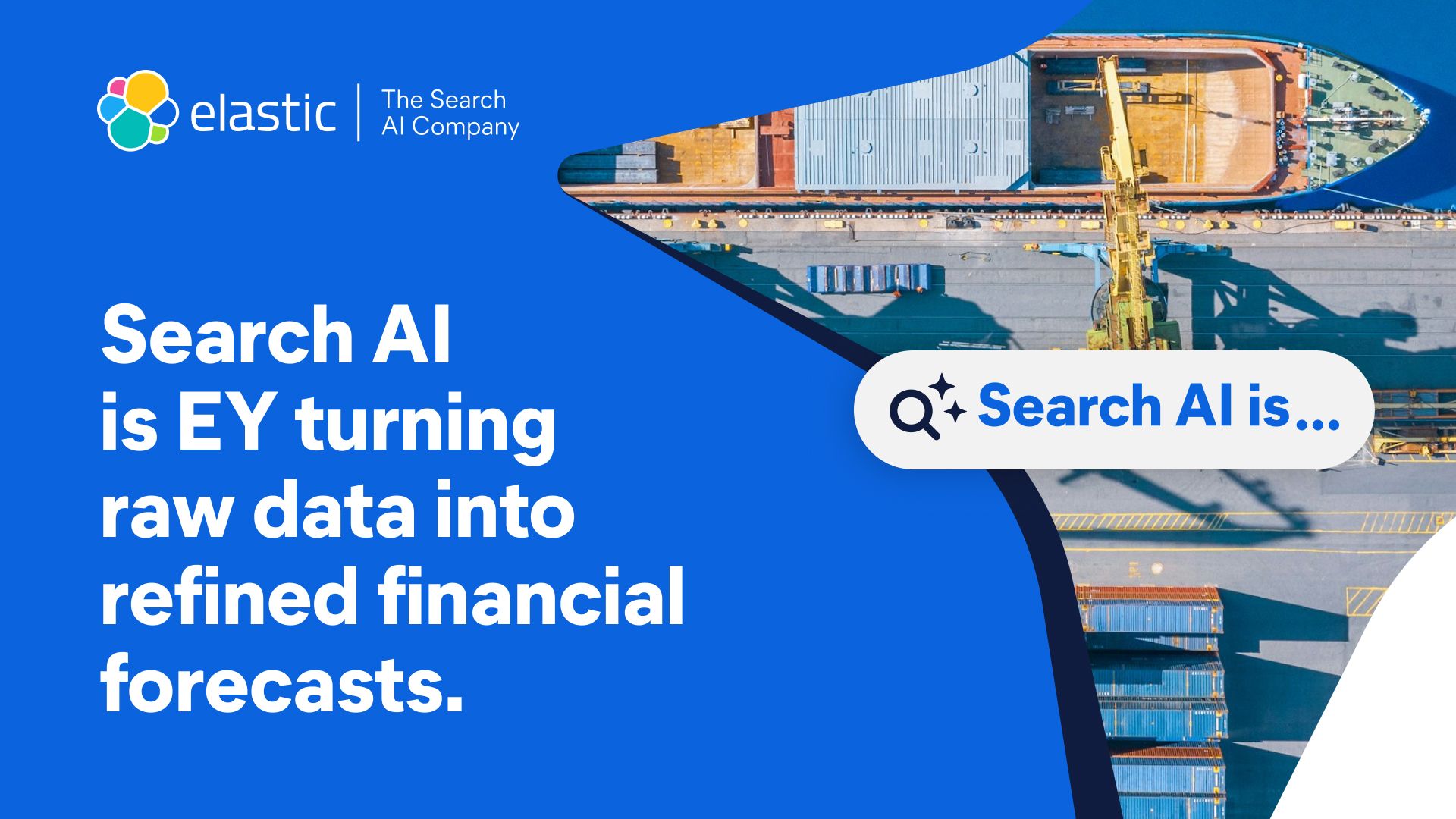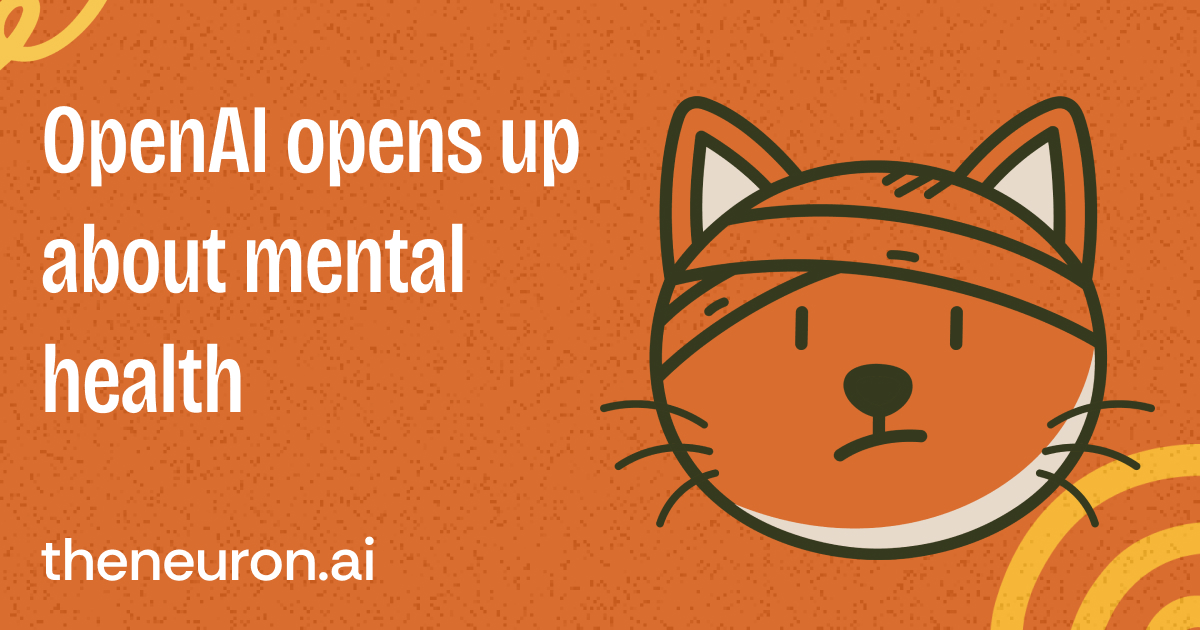Welcome, humans.
OpenAI just pulled off the corporate equivalent of a hail mary… or is it a double hail mary? Yesterday, they completed their recapitalization (conversion from non-profit to for-profit) AND revamped their Microsoft partnership in one fell swoop.
First, the money stuff: OpenAI restructured so the nonprofit (now called OpenAI Foundation) owns a chunk of the for-profit worth about $130B. That's roughly the entire GDP of Morocco, FYI. The Foundation plans to spend $25B on curing diseases and building “AI resilience” (basically, making sure AI doesn't, y’know, break everything).
As for the relationship with Microsoft: Both companies can finally see other people. OpenAI can now build products with third parties and release open-weight models. Microsoft can independently pursue AGI (which is the term used to describe an AI that can do everything a human can) with anyone they want.
But here's the twist—when OpenAI eventually declares AGI (whenever that is; predictions range from 2027 to 2035+), an independent expert panel has to verify it. Microsoft also locked in IP rights through 2032 and committed to buying $250B more Azure services (breaking up is expensive, apparently).
Oh, and did we mention that Microsoft now owns roughly 27% of OpenAI (~$135B stake)? So there’s that, too.
Anyway, congrats to the nonprofit world's newest mega-billionaire (OA Foundation)! At this rate, OpenAI's nonprofit arm has more money than most countries' defense budgets. Someone check if they're hiring grant writers!
Here’s what happened in AI today:
- Adobe launched AI assistants across its creative suite.
- OpenAI aims for intern-level AI research assistant by September 2026.
- PayPal and OpenAI plan shopping payments inside ChatGPT by in 2026.
- GitHub launched Agent HQ unifying multipleAI coding agents.

Adobe finally figured out genAI, and it’s awesome.
DEEP DIVE: Everything (AI) Adobe announced at Adobe MAX
So it looks like Adobe's new plan is to put an AI co-pilot in every single app, and TBH, we’re not mad about it? In fact, it actually seems really useful.
At its MAX conference yesterday, Adobe unveiled a complete reinvention of its creative suite. The new guiding principle = turn every app into a flexible conversation, where you can just tell Photoshop, Premiere, or Express what you want to do, then take over at any step when its faster to do things yourself. Love it!
The big picture = Adobe is building a central AI system branded under the Firefly name that connects everything. And it’s not just for images anymore.
This all starts with AI Assistants, which are being embedded across Adobe’s ecosystem. The new Photoshop AI Assistant lives in a side panel and can perform complex, multi-step tasks like “select the main subject, put it on a new layer, and replace the background with a futuristic cityscape.” It understands layers, edits non-destructively, and can even offer suggestions to improve your work.
- Firefly Video: A new web-based video editor lets you generate clips, create custom transitions, and add AI-generated sound effects directly to a timeline (private beta atm; sign up here).
- Firefly Audio: You can now generate royalty-free background music and AI voiceovers for any video clip with a single prompt, then use “Enhance Speech” to clean it up like a pro (this demo crushed in the Keynote).
- Custom Models: This is a huge one. You can now train a private Firefly model on your own work. Just upload 10-30 of your images, and it will learn to generate new content in your unique style (wait list here).
Adobe also launched their Firefly Image Model 5, the company’s new custom model, delivers 4MP native resolution with photorealistic detail, and you can edit images just by typing. “Move the tree to the left.” Done. “Change her shirt to blue.” Boom.
But it's not just Adobe's AI anymore. They’re opening up the platform, integrating top-tier models from competitors directly into their apps. With one Creative Cloud subscription, you’ll have access to Google’s Imagen and Veo, Runway, Pika, and Ideogram. Need to upscale a blurry photo? Photoshop’s new Generative Upscale is powered by tech from Topaz Labs to push images to 4K (time to finally upscale those old family photos and fix the motion blurs and out of focus faces!).
P.S: Topaz Labs has a standalone platform specifically for that use-case called Mosaic; check it out!
There was also a lot of little things that REALLY matter to creatives:
- AI automatically names your Photoshop layers (FINALLY).
- Dust removal across entire Lightroom catalogs.
- AI removes rotoscoping hell in Premiere.
And plenty more you can read about here.
Did we mention you’ll also eventually be able to edit with Photoshop and Express directly inside ChatGPT? That demo was sick (here’s a video from Darren Meredith).
Our take: Adobe's fighting an existential battle against Canva, Figma, Midjourney, and every AI startup gunning for them. Their response? Here, we don’t replace creators… we give them superpowers they can actually control. Adobe definitely came to play, and TBH, it seems like they’re finally taking advantage of the fact that they already have the platform every other AI image and video tool is trying to recreate.
All they have to do is plug in the best AI tools (like Nano Banana, Veo 3, Topaz Labs, etc) and improve their existing features to strategically deploy AI to save designers time, and win.

FROM OUR PARTNERS
Elastic x EY: Streamlining regulatory and financial reporting

Financial institutions face immense pressure to access trusted information quickly to comply with evolving regulations. However, vast quantities of unstructured data — such as PDFs and documents with complex tables — pose significant challenges. By integrating Elastic’s Search AI Platform into its generative AI stack, EY revolutionized its approach to unstructured data analysis. Imagine extracting 14 key variables from a 40-page PDF or comparing information across multiple reports from different years.
The results?
- 3x faster search results
- Increased accuracy by up to 15%
See how EY is pioneering generative AI experiences for finance, at scale.

Prompt Tip of the Day
Stop letting AI agree with everything you say. AI Prompt Hackers on Substack argues that if your AI assistant just validates your ideas, you're not thinking better… you're soothing yourself. Most users accidentally train AI to be agreeable by rewarding soft answers.
The fix? Adversarial prompting. Explicitly tell AI to disagree with you.
Simple formula: State your idea + ask for explicit challenge + grant permission to be blunt.
Three starter prompts:
- "Argue against [idea] as strongly as possible. Don't hold back."
- "What hidden assumptions am I making? Challenge the foundations."
- "Assume this failed completely. What were the most likely causes?"
Our favorite insight: The piece shares 10 “role-forcing” prompts like Steelman Opponent (build the strongest case against you) and Competitive Threat (attack your plan as your smartest rival). Stack them together (Blind Spot Finder → Steelman → Premortem) for even sharper critique.

Treats to Try
*Asterisk = from our partners (only the first one!). Advertise in The Neuron here.
- *The State of Cloud and AI Security 2025 report (a collaboration from Tenable and Cloud Security Alliance) provides insights on cloud and AI security practices.
- Flowith controls your computer like a real employee (it clicks through websites, runs terminal commands, and writes scripts while learning from what you do).
- Pokee AI builds workflows that execute tasks across multiple apps—tell it to create a Slides deck, schedule a Calendar meeting, and create Jira tasks all in one go.
- ConductorOne manages access for both employees and AI agents through a single dashboard, automating onboarding from 20 days to 20 minutes and flagging identity security risks (raised $79M).
- Fireworks AI gives developers virtual access to advanced AI chips and helps them optimize inference for open-source models—founded by PyTorch creators, now at $280M ARR (raised $254M at $4B valuation).
- EuroLLM is a new open-source 9B parameter model supporting all 24 EU languages.
- LLM-Stats.com launched as a comparison hub for hundreds of AI models across benchmarks, pricing, and capabilities—current leaderboard shows Grok-4 Heavy at the top with 88.4% on GPQA and 100% on AIME 2025, followed by Grok-4, Gemini 2.5 Pro Preview, GPT-5, and Grok 4 Fast.

Around the Horn

- Sam Altman said OpenAI is tracking toward achieving an intern-level AI research assistant by September 2026 and a fully automated "legitimate AI researcher" by 2028. Also, he says OpenAI has committed to spend about $1.4 trillion on infrastructure equating to roughly 30 gigawatts of data center capacity.
- PayPal partnered with OpenAI to let users pay for shopping directly within ChatGPT starting in 2026, adopting OpenAI's Agentic Commerce Protocol so merchants can list products without building integrations.
- Elon Musk launched Grokipedia on Monday as his AI-powered alternative to Wikipedia, which went live with 885K articles (though Wikipedia has over 7M).
- GitHub announced Agent HQ, which unified AI coding agents from OpenAI, Anthropic, Google, and xAI in one command center.

FROM OUR PARTNERS
Transform Your Business with Advanced A.I. & Automation

Discover how to use A.I. beyond basic copywriting and research. Harness A.I. to generate quality leads and drive more sales. This exclusive webinar reveals proven strategies that enable A.I. to work for you—tranforming your business into a growth engine.
Reserve your spot now and monetize your business.

Wednesday Wisdom
- Ben Page says he really likes the new Claude Code on the web, as he’s been using a “to-do list that does itself” (really cool use case!).
- Transformer co-creator Llion Jones says he's “absolutely sick” of transformers and warns that AI's $1M+ salaries and intense pressure have created a paradox where more resources = less creativity, causing researchers to chase safe, publishable projects instead of risky breakthroughs.
- A new Butter-Bench evaluation showed how large language model (a.k.a the AI tech in ChatGPT)-controlled robots scored only 40% at passing the butter versus humans’ 95% on practical tasks.
- College professor ditched mandatory AI disclosure statements after realizing they function more like confessions than transparency tools; even in AI-friendly classes, students won't admit usage because disclosure carries stigma and decreases trust, driving AI use underground instead of fostering honest dialogues.
- Students express both hope and fear about classroom AI; 66% say it'll improve learning, but 63% worry about false cheating accusations and 61% don't know if their school even has AI policies, revealing a dangerous gap between district leaders' excitement and the actual guidance students need.
- NGOs are using AI imagery to bypass expensive photographers for €50/month, but researchers warn this isn't democratization, it's just repackaging colonial stereotypes more cheaply, since AI learns from decades of problematic humanitarian imagery that perpetuate stereotypes that NGOs themselves created.

A Cat’s Commentary



.jpg)

.jpg)


.jpg)






